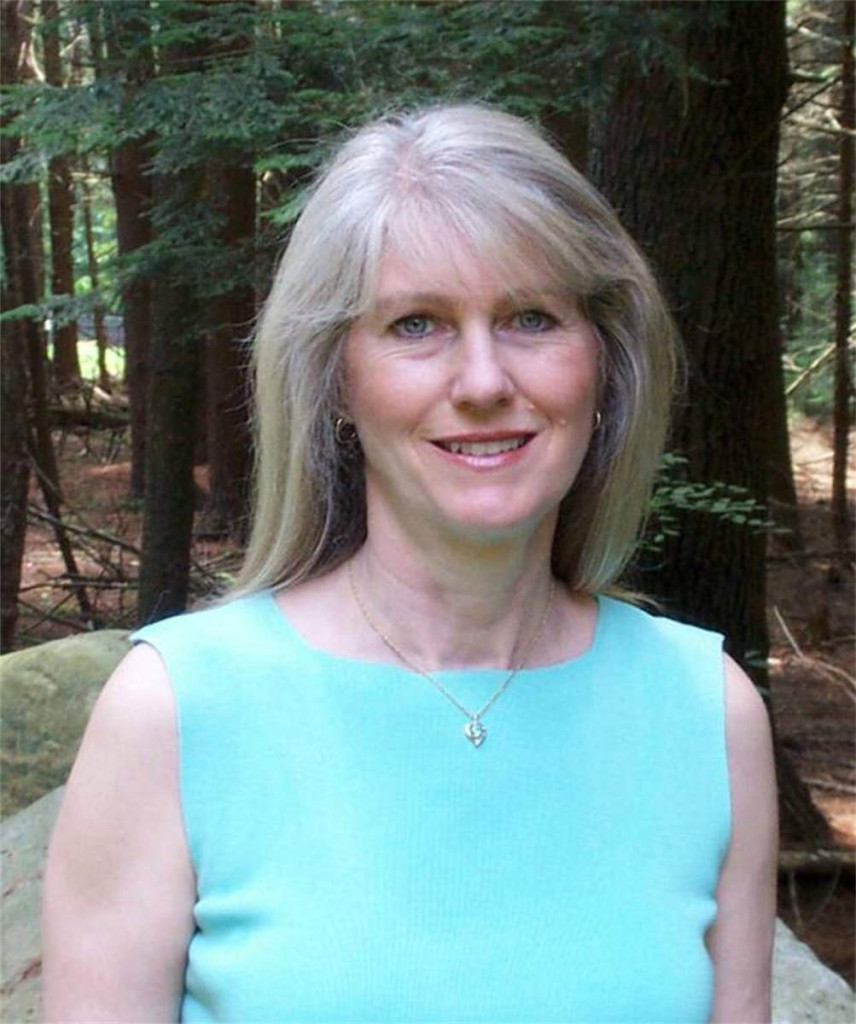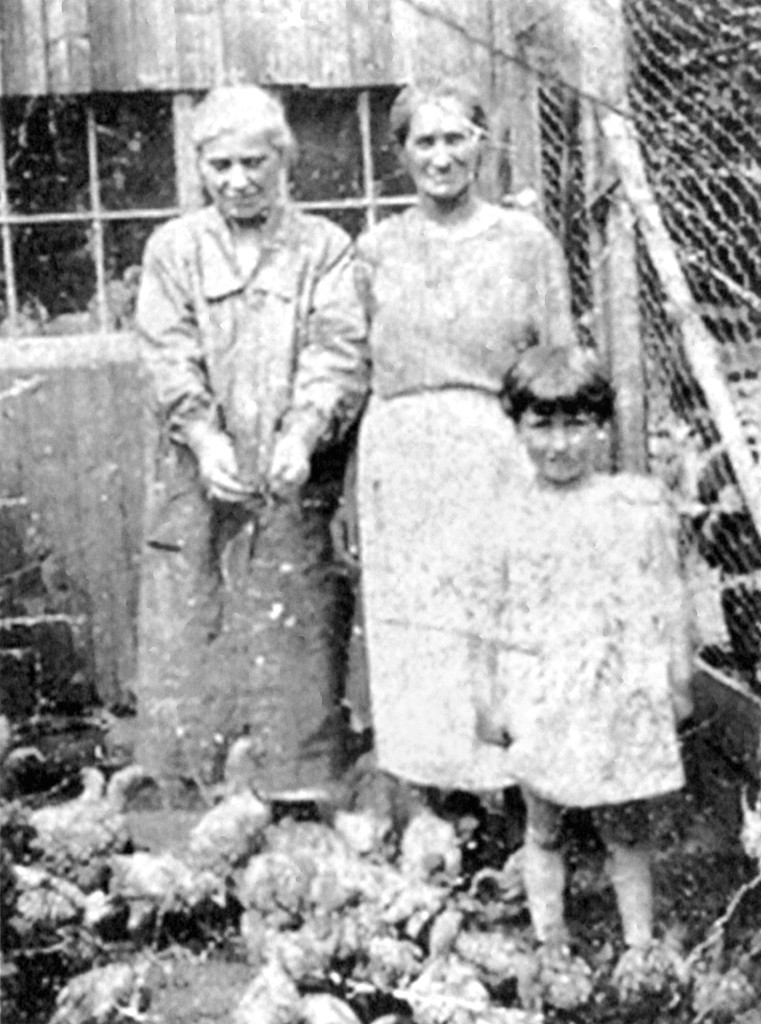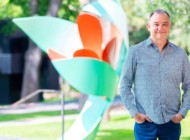
Lorraine and Steve German of Mad River Antiques handle a range of American folk art, from intriguing smalls to choice examples of cobalt-decorated stoneware. Though they live in Connecticut, they frequently return to Massachusetts’ southern Berkshire Mountains, where Steve’s grandfather, Max Linder, settled in the 1920s. With family history in mind, Lorraine, a writer and researcher, began work on Soil and Shul in the Berkshires: The Untold Story of Sandisfield’s Jewish Farm Colony. The Sandisfield Jewish History Committee will publish the book in September 2018 to coincide with the Jewish harvest festival Sukkot.
What drew you to this project?
Last year, I was asked by Ron Bernard, the author of Sandisfield’s 250th anniversary history book, to tackle the history of Sandisfield’s large Jewish community. I had contributed several chapters to the book, so Ron knew I could write. My husband, Steve, is the grandson of an early member of the community, so we have strong ties to the area.
What have you learned about Sandisfield’s immigrant families?
The original families began coming in 1902 as part of an agricultural colony that had the financial backing of the Jewish Agricultural and Industrial Aid Society. There was a conscious effort at the time to ease the overcrowded Jewish neighborhoods of New York City by moving Jewish immigrants to rural areas to become farmers.
Can you tell us more about Steve’s family and the house after which your business is named?
The name of our business, Mad River Antiques, is taken from the brook that flows through our Massachusetts property. Steve’s grandfather bought the property in 1922. We are the third generation to own it.

Steve German’s great-grandmother, Clara Weintraub, is at right in this photograph taken around 1927. The little girl at her side is Steve’s mother, Sylvia Linder. Peeking through the chicken wire is Sylvia’s twin, Rose, and her cousin, Eddie Moskowitz, whose mother is at left. Like almost everybody else in Montville, the village in the town of Sandisfield, the family raised chickens and sold eggs.
How are you researching your topic?
I’m using a variety of research tools, including newspapers, census records, deeds and oral histories. Fortunately, some people who grew up here in the 1920s and 1930s are still alive. I’ve also been able to contact the descendants of some of the original colonists.
What interesting documents and artifacts have you uncovered?
Not so much interesting as unsettling was a story about a KKK cross burning in Monterey, Mass., the town next to Sandisfield, in 1926.
How are you presenting the material?
The book will cover the history of the Jewish settlement from its start in 1902 until the synagogue was turned over to the Sandisfield Arts Center in 1996. There will be separate chapters on the synagogue, poultry farming and boarding houses, as well as many photographs. At the moment, there are no plans for an accompanying exhibition.
Is the area commonly called the Berkshires Borscht Belt?
No, that was just a promotion for a comedy act at the Sandisfield Arts Center. However, Sandisfield has often been called the Catskills of the Berkshires, not because of its Borscht Belt entertainers but because its large Jewish population and numerous Jewish boarding houses made it almost as popular as the Catskills as a summer destination for Jews escaping the heat of New York in the early Twentieth Century.
Did communities similar to the one in Sandisfield exist elsewhere in New England?
Yes, there were several Jewish farming communities in New England, including communities in Ellington and Colchester, Conn., and in Medway, Mass.
Speaking of Colchester, didn’t you uncover a connection to the Connecticut antiquary Nathan Liverant and Son?
One of the things I love about research is you never know where it will lead. While I was working on the biography of Max Cohen, the synagogue’s longest serving rabbi, I discovered he had been a Hebrew teacher in Colchester before coming to Sandisfield. It turns out one of the witnesses who signed Max’s naturalization petition in 1924 was none other than Nathan Liverant, Arthur Liverant’s grandfather and the founder of Nathan Liverant and Son Antiques. He listed his occupation as “merchant.”
Anything you would like to ask our readers?
I would love to hear from anyone with a link to Sandisfield’s Jewish community. I’m especially interested in learning more about people who settled in Sandisfield between 1902 and 1920. Contact madriverantiques@aol.com.
—Laura Beach




